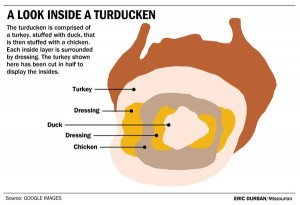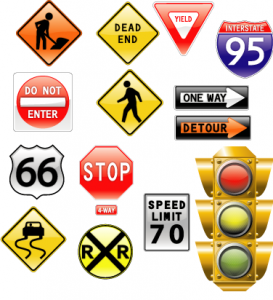In our last blog post, we covered the first three sins of blogging, the main three things that can send your online marketing into a downward spiral.
These next three may not be full-bore blog killers, but they can alienate your visitors, forcing them to leave for greener pastures. And a blog that looks deserted earns no conversions or revisits.
Your blog is one huge paragraph.
I can make this one easy for you, “Break up the content.”
One of the easiest ways to lose an audience’s interest is to write a ton of content, leave it in huge-block paragraphs and post. People need space to breathe, and their eyes require the same things.
Think about ways to lay content out so people can skim it. You can add visuals like photos, videos or graphs and charts, too. Just don’t demand that people have a high tolerance for bad layouts. You’ll make yourself unpopular.
And Google won’t like you, either. On-page structural SEO—a fancy way of describing the use of H1, H2 tags, Title tags and such—play a very important role in how search engines see and sense your blog. If a blog looks easy to read with well balanced headlines, subheads and visual content, chances are good that Google will see it in a similar way. Google’s gotten quite clever about content layout.
You use #realestate REALTOR® keywords ineffectively
Keywords can be a real drag for people, we get that.
Pouring through tools to find the right keyword only to discover that you now need to rewrite your content to fit it in there 10 times…
Only this isn’t the way to do it right. Google doesn’t only see keywords in terms of the content of the keyword, but it also sees it within the context of the rest of what’s there. Basically, by stuffing a bunch of keywords into places (instead of answering clients’ burning questions), you can make your site vulnerable to penalties like lower search rankings. Don’t kill yourself trying to make keyword turducken. Develop an easy to follow strategy and stick to it, like this SEO strategy here. (And if you want to get a little nerdier with this, Search Engine Land wrote a recent article about the most important factors in determining good SEO.)

Sharing with others shows you care, even if it’s content you create. Photo Credit: Clearpoint Credit Counselling Solutions
You don’t share.
Google has been placing more emphasis on social shares as proof that your blog content matters. This is important, because the more you share your content, and the more others share your content, search engines will grant authority to that content. So if someone is searching for information in a real estate market of your focus, and if people are consistently viewing and sharing your content, you’ll fly up in those search results.
See? We’re witnessing an interesting congregation of good content getting moved around by real people and those pages ending up on page one of search results. So share your stuff already. You took all that time putting it together, and people deserve to see it. We recommend that you post it more than once, maybe as much as three times a month on your social channels.
You don’t ‘tell them what to do’.
Action calls are without fail one of the most obvious ways to ruin your real estate blog. Many REALTORS® and real estate pros neglect this. Putting a call to action in your blog post might seem foreign to some, but it’s really the best way to guide people through your website. Yes, the contact page is there in your top menu, but by telling people that they can go to a specific page to move forward you are giving them permission. Make it easy for them; tell them what they can do. Here are 17 brilliant calls to action by the lovely folks at Hubspot to get you started.
Writing a blog and sticking to it can be a hard—if not seemingly impossible—thing to do. There are ways to mitigate the pain, but it will always be work, and it will likely feel like work until it becomes a habit.
But good marketing is work. And good marketing gets results. Creating a solid blog can attract real people, real shares and REAL BUSINESS. And with the real estate market still looking relatively light when it comes to the number of highly successful blogs out there, there’s lots of room to get started and master your own digital estate.
We’re happy to help, so if you have any questions, please leave comments below, or get in touch with us here.
And remember to share this post! Let’s help the Real Estate blogosphere be even more successful.
Sign-up For FREE Updates





